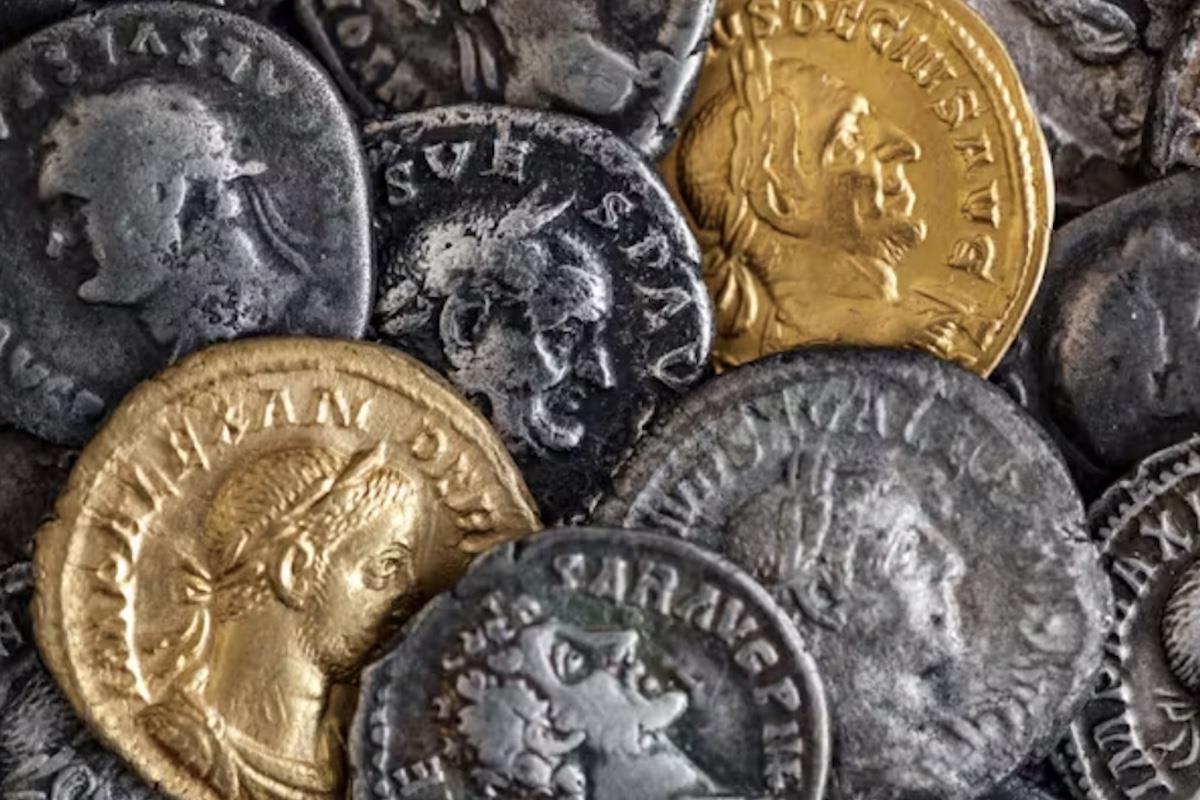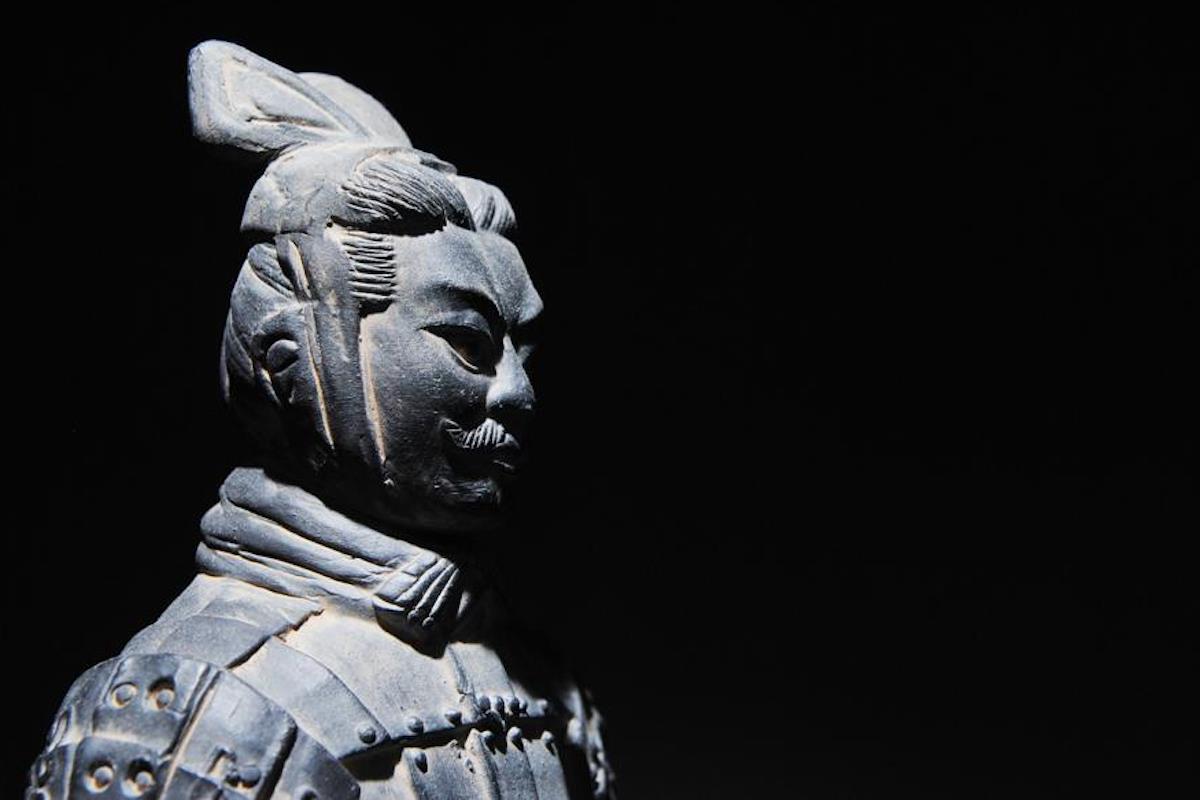
History Is Littered With Failed New Currencies - Crypto May Be Next
The emperor grasps the idea (unheard of at the time the play is set), and the magical wealth that paper creates brings brief prosperity to his troubled dominion.
But what appeared to be an inexhaustible source of value soon proves illusory. A combination of misunderstanding and hype leads to economic and moral corruption, and the empire descends into chaos.
It is a tale that could well have parallels for digital currencies now. People use them despite not fully understanding how they work, sometimes to their financial loss .
And history shows us that we should be wary of the idea that currency systems always change for the better, following some sort of natural evolutionary path. In fact, new currency systems don't always succeed, and even when they do, monetary regime change can be a long and arduous process.
Coins and tokens were used more than 2,000 years ago, and continued through to the 19th century before paper finally dominated. Rather than a clean, irreversible shift from coins to notes, nations often alternated between the two systems.
There were failed experiments with paper money in 14th-century China , 17th-century Sweden and 18th-century France , to mention just a few. Research on these problematic attempts suggests that social division also makes new currency shifts especially vulnerable .

Legal Disclaimer:
MENAFN provides the
information “as is” without warranty of any kind. We do not accept
any responsibility or liability for the accuracy, content, images,
videos, licenses, completeness, legality, or reliability of the information
contained in this article. If you have any complaints or copyright
issues related to this article, kindly contact the provider above.






















Comments
No comment